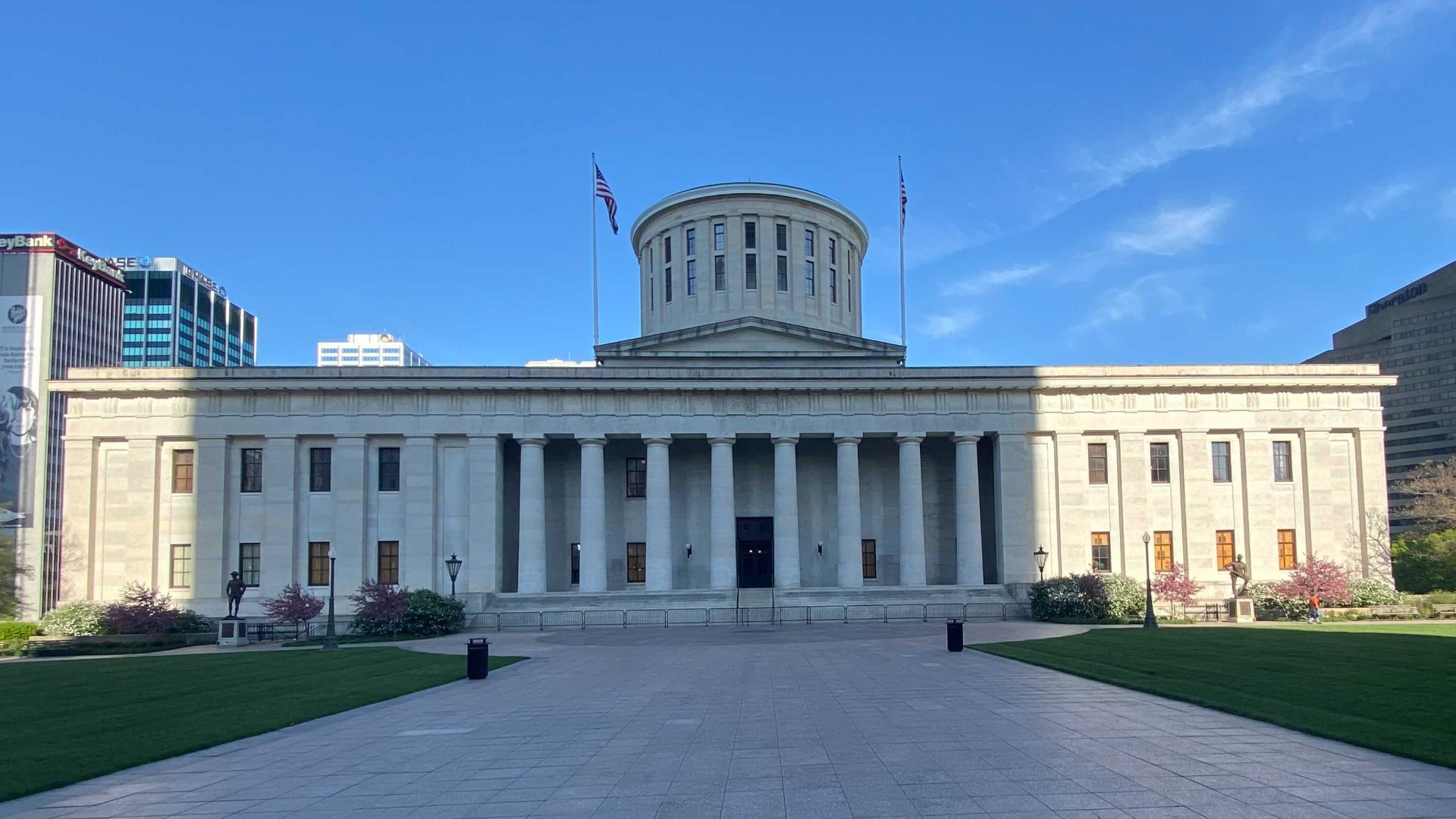COLUMBUS, Ohio — The reaction was swift in the wake of the U.S. Supreme Court’s ruling to overturn Roe v. Wade. States across the country moved to enforce or create their own laws.
But that also led to prosecutors across the country stepping forward to say they would not prosecute abortion cases.
Columbus City Attorney Zach Klein stepped up to add his voice to the mix as well, saying his office would decline to prosecute those cases.
In Ohio, the so-called Heartbeat Law is now in effect, banning most abortions after six weeks of pregnancy or after the detection of fetal heart tones.
10TV reached out to several local agencies to learn more about enforcement of this law.
Mayor Andrew Ginther's office sent out a statement on behalf of the city:
Neighborhood safety and reducing violence will remain the city’s top priorities. The use of city resources, tax dollars and personnel to investigate, charge or prosecute women seeking health care, or those providing health care, including abortion and abortion-related services, will be the lowest possible priority.
Brian Steel, executive vice president of FOP Capital City Lodge #9, released a statement.
The Fraternal Order of Police is comprised of law enforcement officers. We don’t create laws and ordinances, we enforce them.
It appears the new abortion law is an F-5 crime under Ohio Revised Code.
As in all felony criminal cases, law enforcement officers investigate, charge if probable cause exists and turns over the case to the Franklin Co. Prosecutor’s Office.
I imagine many law enforcement agencies in the State are reviewing new law with their legal departments for guidance.
The Franklin County Prosecutor’s Office, which is tasked with prosecuting felony cases, declined to comment.
10TV also reached out to Klein again Thursday, questioning why he would speak on the matter if his office does not prosecute felony cases. But he pointed out that future laws could include misdemeanor charges related to abortions. In fact, House Bill 598, which has been referred to as Ohio’s trigger ban, would make at least one abortion-related crime a misdemeanor. The bill is currently in committee, and the legislature is now on break.
“I don’t see my role as a city attorney to be in the doctor’s office between a patient and a doctor,” Klein said. “That’s personal and, frankly, none of my business. When you look at the future of post-Roe world, we don’t know what the legislature’s going to do, and, in fact, some legislation that has been presented in the past does have misdemeanor conduct. So, I think signaling to our community where I stand, where other prosecutors stand, is important to know because the future could include felonies and misdemeanor prosecution. That’s not something we want to get in the business in, we want to be focused right here on violent crime, drugs. We want to be focused on how we can make a difference in cleaning up neighborhoods. That’s my priority.”

